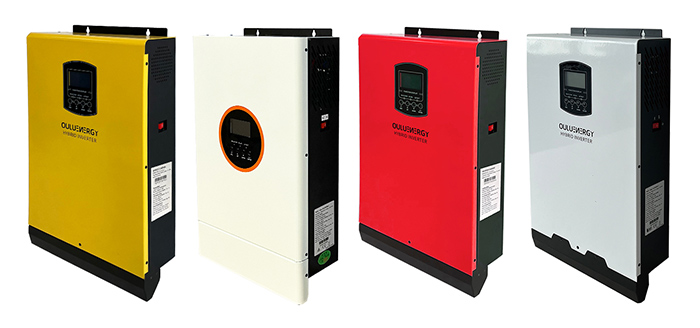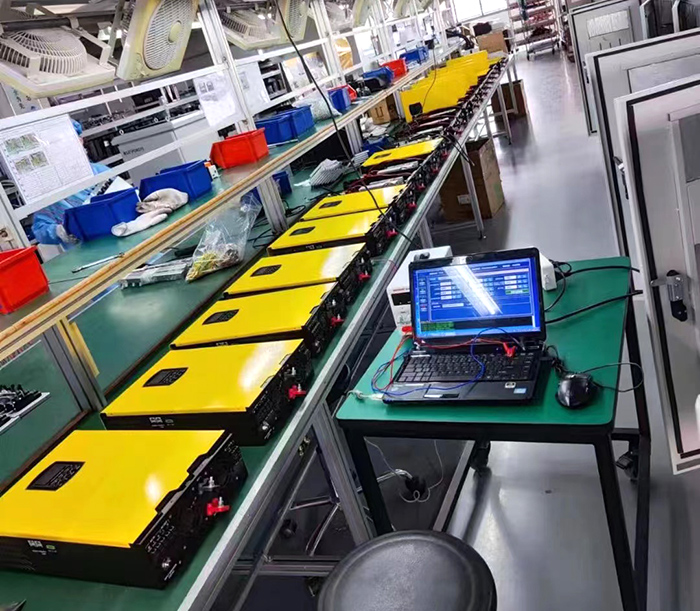How to choose an inverter?

An inverter is an electronic device that converts direct current (DC) into alternating current (AC), widely used in fields such as solar power generation, wind power generation, and electric vehicles. When selecting an inverter, the following aspects should be considered:
Application Scenario and Requirements: Different application scenarios require different types of inverters. For example, some applications demand high-voltage input, while others require high-frequency output. Therefore, the type and specifications of the inverter should be determined based on the actual application scenario and requirements.
Power and Efficiency: The power and efficiency of an inverter are two critical parameters to consider. Power determines the maximum output capacity of the inverter, while efficiency indicates how effectively it converts DC to AC. The required power and efficiency should be selected according to actual needs.
Control Methods and Protection Measures: The control methods and protection features of an inverter are also important factors. Control methods define the operational flexibility of the inverter, while protection measures determine its ability to handle faults. The choice should align with specific operational and safety requirements.
Brand and Quality: The brand and quality of an inverter play a significant role in the selection process. Inverters from reputable brands generally offer higher quality and better performance, whereas low-quality products may have higher failure rates. It is advisable to choose brands and models with proven reliability and quality assurance.
Price and After-Sales Service: The price and after-sales support are additional considerations. Higher-priced inverters often deliver superior performance and durability but require a larger investment. Meanwhile, reliable after-sales service is essential, as inverters may encounter issues during operation that require timely maintenance and support.

In summary, selecting an inverter requires consideration of factors such as application scenarios and requirements, power and efficiency, control methods and protection measures, brand and quality, as well as price and after-sales service. The choice should be based on actual needs and budget constraints, while also prioritizing brands and models with a strong reputation and reliable quality assurance.